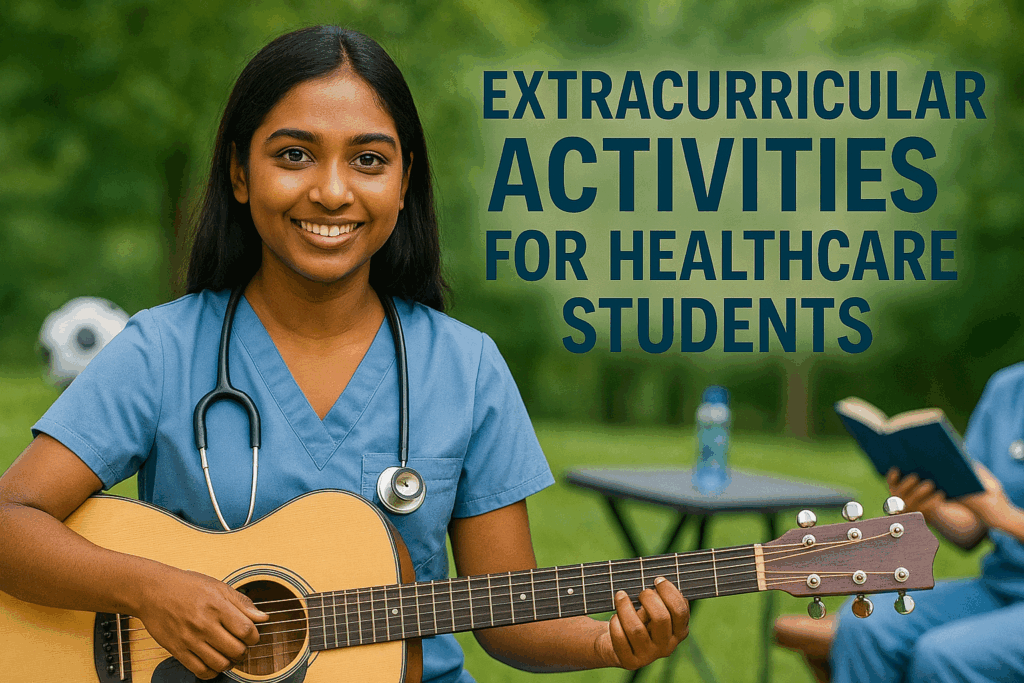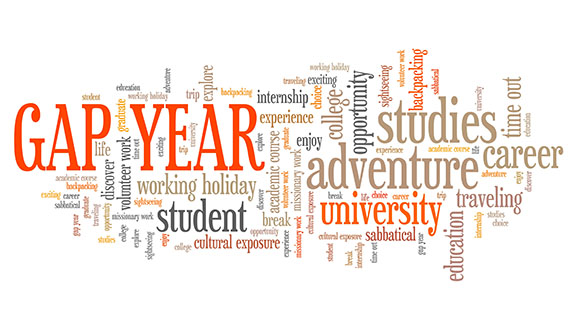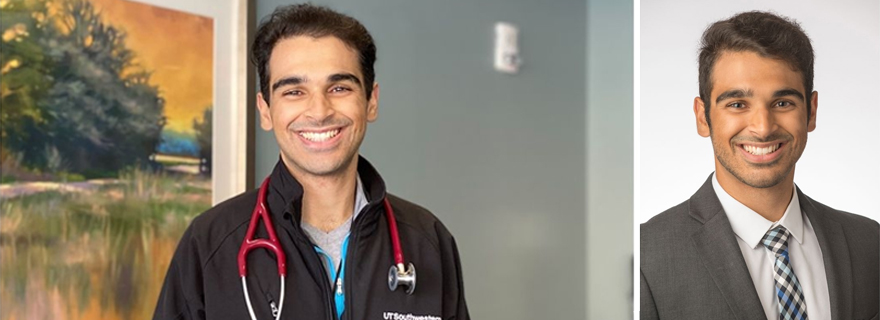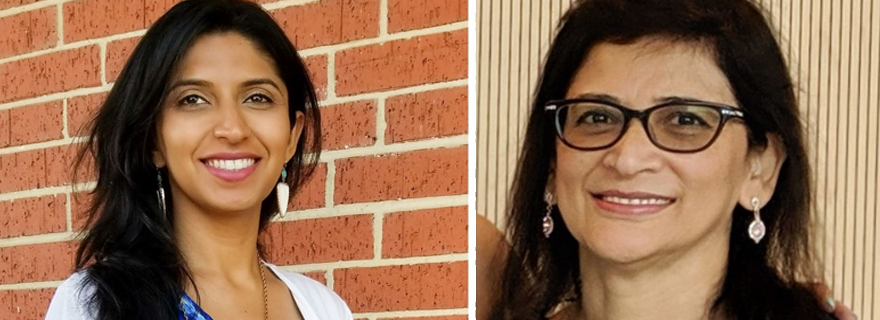International students helping others achieve their dreams
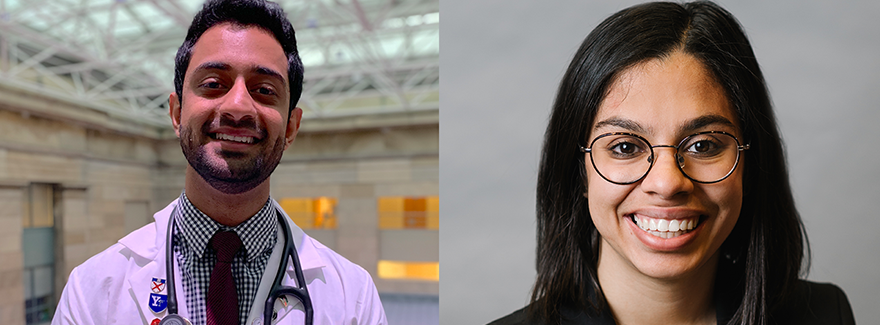
Take any highly successful person and chances are that person had a mentor to guide his or her journey, but when Kenyan-born Azan Virji set out to obtain a world-class medical education in the United States, he didn’t know whose path he could follow.
“It was hard for me to find someone to show me the ropes of how they did it. I just didn’t know any other international students who had been admitted into medical school in the United States,” Azan said.
The challenge wasn’t in getting accepted. Azan was able to earn a Bachelor’s and Master’s degree from Yale University, and in 2019 he was admitted into Harvard Medical School. But the flood of financial forms, citizenship and visa requirements, and travel restrictions made the process challenging.
“I vowed right then to do something about it if I ever got in,” recalled Azan. “I knew that I had to make it easier for the next generation of international applicants who also have this dream and this passion.”
First, Azan’s path to citizenship had been altered; he could no longer apply via a lottery system to gain US citizenship, something he’d been accustomed to doing annually. Additionally, H1B applications had become suspended through 2020, and he was almost forced to leave school in the face of a new international student travel ban (that has since been overturned). Lastly, as Covid-19 wreaked havoc on in-person learning, Azan was forced out of his dorm but he couldn’t leave the country due to travel restrictions on people coming into specific countries from America.
“The fact that I couldn’t return home, but I also didn’t get any assistance from the government, it was really tough mentally,” he remarked.
It was during the height of this uncertainty that Azan took to Twitter to vent. His outcry garnered interest from two international medical students at Brown who collaborated and expanded upon his initial vision to facilitate and advance the path forward for international students. Together they launched F1 Doctors, a platform to help prospective and current international students wade through the application process, tackle the logistics of financing their education, and handle the pressures of school once they’re enrolled in a program.
“There are challenges international students face that others simply don’t,” Azan noted, adding, “For example, of the more than 200 medical schools in the US, only 40 accept international students.”
To address some of these complex scenarios, F1 Doctors provides comprehensive resources aggregated from a variety of sources, such as a database that lists every medical school in the country that accepts international students and their respective financial aid policies.
According to Azan, “Financing is probably one of the biggest hurdles when it comes to attending medical school in the United States as an international applicant.”
Beyond that, the team envisioned a thriving and transformational international network in which each school has its respective chapter scaled up and sustainably managed. For that, he enlisted Calgary-native and Harvard dental student Ashiana Jivraj to create a marketing and communication strategy to grow F1 Doctors and access the right people.
“I think that when we speak about a global village we are actually talking about international opportunities,” Ashiana said. She envisions this “global village” will spark conversations, continuously mentor one another, and enable people to connect, collaborate, and create opportunities for one another across borders.
Since March F1 Doctors have launched a website and grown the number of mentors to 100 and counting. The mentors make up all areas from MD, dental, residents, and international medical graduates, and they are seeking more representation on the nursing and public health tracks.
The goal in five years is to have a self-sustaining community of F1 students, so the organizing team is highly focused on learning how it can consistently evolve and transfer knowledge to grow the user base without requiring too many resources.
Azan wants to ensure that this service remains free and accessible to those who are dependent on the platform. They are currently still funded by Brown University.
“I think mentorship of this sort has an intrinsic value and international students already have to pay so much to be able to get here and to take advantage of these kinds of things,” Ashiana added.
And while profiting is not part of their mission, they feel rich in the positive feedback they’ve been receiving from their target users.
“That’s the one thing that sort of keeps all of us going is they are so grateful that this exists because nothing like this has existed, which is so surprising,” Azan said.
While Azan and Ashiana may have found a shared mission with the work they’ve done to date on F1 Doctors, one theme continues to resonate with the pair beyond that scope: their focus is on improving and facilitating greater access — whether to information or healthcare itself.
“This is one of those things that is beginning to help with that gap in terms of offering education, but it’s not the end all and be all,” explained Ashiana. “There’s so much work left to do and I feel very fortunate to be part of this stage of it. But, of course, I think that it’s got the potential to grow and morph and change. More than anything it’s a legacy that we get to leave behind.”
